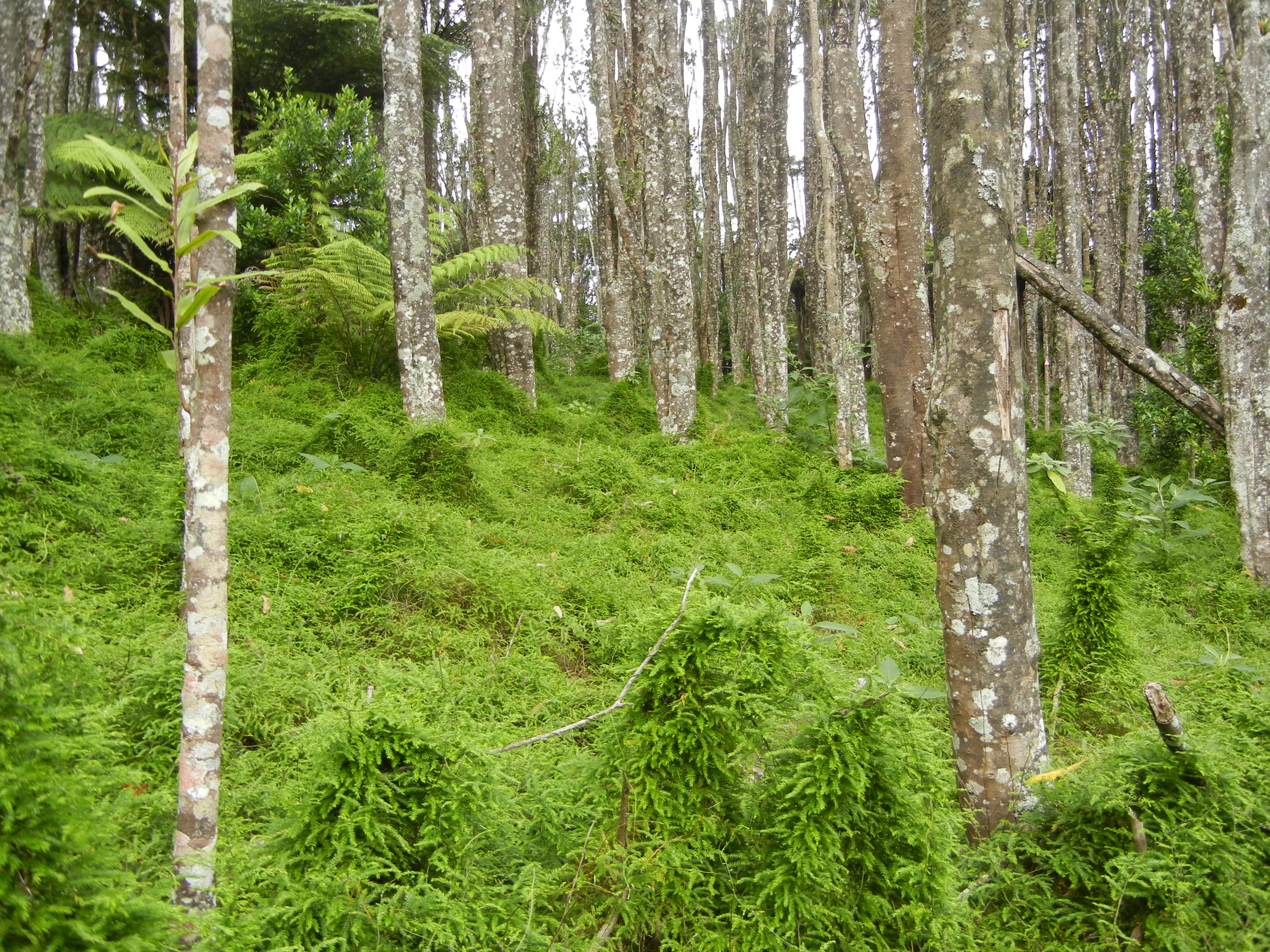Xequals & GovTech Accelerator - Introducing SWAT

Last week, we announced our new partnership with CreativeHQ’s GovTech Accelerator. This partnership draws on Xequals’ strengths as a development company that can rapidly assemble advanced digital platforms. Government organisations often wonder how they can better harness the benefits of local innovation and achieve better results in less time and money. Xequals, with the GovTech Accelerator, is the answer to that. It’s not magic; though sometimes it can feel like it!
Today we’re diving deeper into one of the projects we’re doing together. It’s called the Smart Weed Alert Tool or SWAT for short - a project led by the Department of Conservation that has plans to become a nationwide surveillance and alert system for detecting unwanted plant species that threaten our native species and ecosystems.
The Innovation Sector Mantra: What problem are we solving?
In New Zealand, one of our biggest challenges is managing our highly unique, sensitive ecosystems. We are vulnerable to the effects of foreign flora and fauna entering our environments and wreaking havoc on our native species; in some cases, literally remodelling the landscape.

Invasive plants often grow quickly and take over spaces where our native birds and insects live, making it hard for them to find food and safe homes. SWAT is a system that can spot these invasive plants early, before they become a major problem. By integrating with the GBIF and iNaturalist databases, looking at pictures people take of plants and using smart technology, SWAT can send a message right away to the people who need to know about these plants. This helps us keep our natural areas safe and healthy!
New Zealand spends at least $50 million each year fighting weeds that harm our fragile ecosystems. With over 25,000 exotic plant species already present in New Zealand, our current methods of detecting new weeds aren't good enough. We usually only find these weeds after they've already caused a lot of damage, which makes it expensive and hard to control them. The potential cost savings to our economy in terms of both damage prevention and more efficient management through early detection, has been estimated to be billions of dollars.
We need to be able to detect and manage weeds before they become a problem. That’s what the Smart Weed Alert Tool is all about; and could be a world first in adequately addressing the problem, potentially opening the door to this platform being used outside of New Zealand one day and helping other countries in their battle to preserve their environments.
The Inspiration: Space Invaders Report
In 2021, the Parliamentary Commissioner for the Environment showed how important it is to manage new weeds early. This report pointed out problems with our current ways of detecting new weeds and said we need a better way of using the data we collect to manage them. The potential return on investment to a system that can do this is vast and easily justifies the creation of a new tool that aids Government, councils, environmental groups, iwi and the general public to have a better understanding of the invasive species around them.
Under the Hood: How does it work?
SWAT works by looking at new reports of exotic plants on the most popular weed reporting websites like GBIF and iNaturalist. By using smart technology and looking at where plants are seen, SWAT can find important records—like the first time a known weed is recorded in a sensitive or fragile native ecosystem. SWAT then sends a message to people who can act quickly to stop the weed from spreading.
Special Things about SWAT
Unlike other tools that only do a little, SWAT lets people choose exactly what they want to know about:
- Where it happens: People can choose to know about weeds in big or small places, like national parks or local restoration sites.
- What kind of plant: People can choose to know about all sorts of plants, from known weeds to those that have never been recorded in the wild before.
- SWAT will be useful for any organisation, group, or individual concerned with weeds. By working together and sharing what we know, SWAT can help us take care of New Zealand's special native species and ecosystems.
Starting Small and Validating as We Go
At first, SWAT will help a small group of people test how well it works. This will help make SWAT better and make sure it works well with other websites like GBIF and iNaturalist. SWAT will also be open for people to see how it works and to make it better together. This follows on the Rapid Prototyping, Agile, and Continuous Improvement methodologies established by the GovTech Accelerator.
Xequals partnering with the GovTech Accelerator on the SWAT project is a big step in demonstrating that there are better ways for the Government to approach large, complicated digital projects. Something like SWAT could have easily spent many years in Requirements Gathering, Business Analysis, Business Case Development, Procurement Cycles and endless contract negotiations - typically with large, monolithic multinational IT consulting companies, costing the taxpayer enormous amounts over long stretches of time: with no guarantee a system will ever be developed or even work as intended!
But that is not the modern way to achieve high quality, fit for purpose digital platforms that can adapt to emerging needs and be built collaboratively with Government leaders. In fact the current “Waterfall project methodology” status quo in going about large digital projects can often be a death sentence to the potential success of a digital platform. To harness the power of the local innovation economy and get value for money, an update is needed to Government methodology so it can achieve fast moving digital projects in a fast moving information technology landscape.
The Smart Weed Alert Tool being led by the Department of Conservation shows us it can be done. It should be celebrated as an example of Government leaders taking the right kinds of risks and knowing where the value is in the digital sector to harness it for the benefit of all kiwis and our beautiful natural environment.
Author: Alex Matthews
Alex is the Director of Xequals and the Co-Founder of Xequals alongside Rox Flame. Together they started the company back in 2011 as two friends who enjoyed making websites together; typically following a rapid prototyping approach. After many years and the delivery of plenty of big digital projects, Rox and Alex have taken the rapid prototyping process to a new level by showing it can be the solution to achieving ambitious digital projects for Government in a way that is faster and better than the current status quo approach.
If you're in need of a technical partner you can trust
